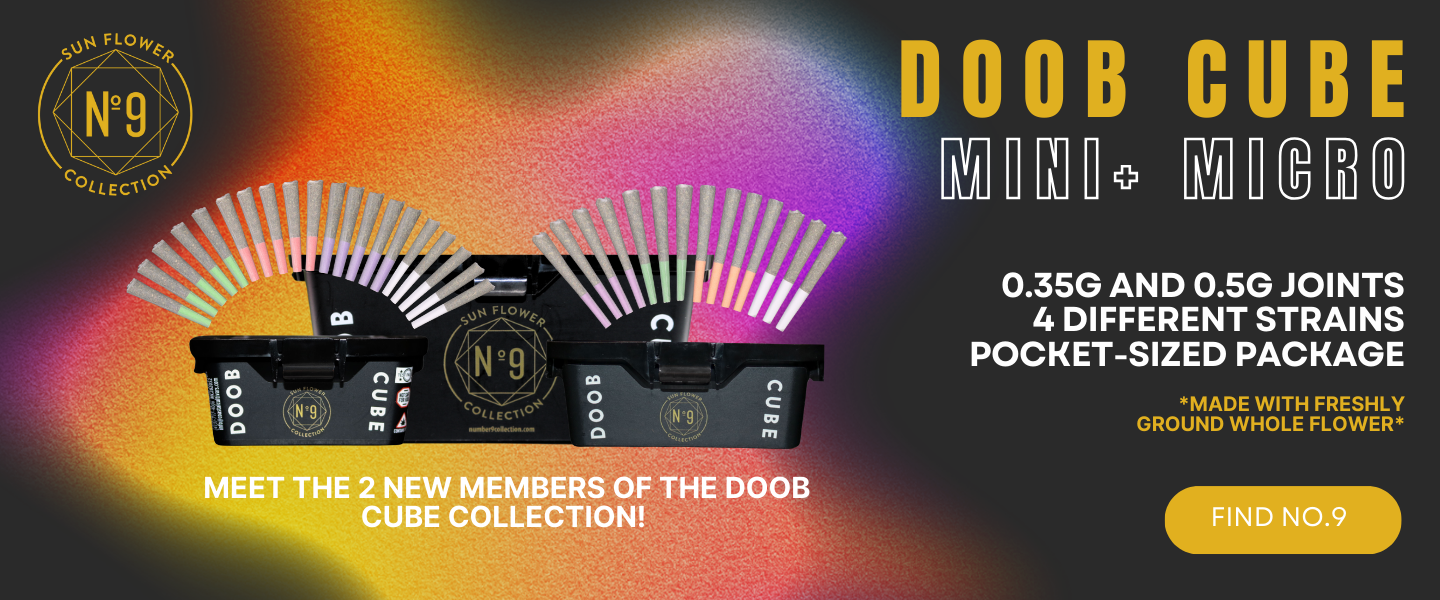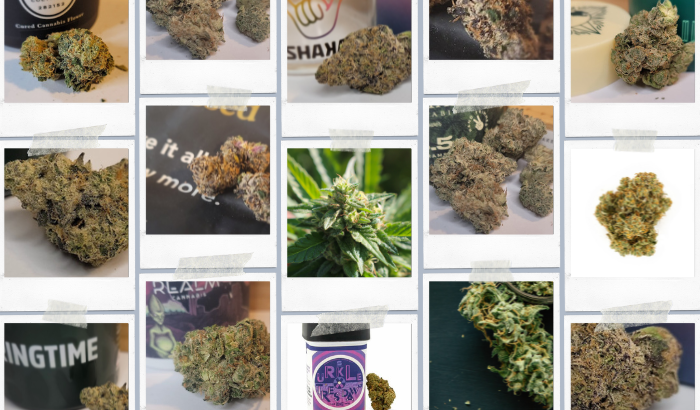
Study up and know your stuff; also, it’s totally OK if you weren’t voted Most Likely To Get Stoned in high school
You may be thinking: There are probably more than 10 things people should know if they are seeking a career in the cannabis industry, in Massachusetts or anyplace else.
We agree, and furthermore we recognize that anyone who has worked in the biz—whether at a grow, behind a counter, or at a desk—could come up with a helpful list of their own, which may or may not resemble ours. Which brings us to our first piece of advice in this compendium culled from informal conversations with business owners, managers, and workers …
1 – Consult someone with experience
Find someone you know (even the friend of a friend of a cousin if that is the best you can do) who has worked at a dispensary or cultivation in the Bay State and ask them every question that you can think of. Specifically, we recommend asking about things you won’t necessarily find in your online research, like what it’s like to interact with regulators as an employee. And speaking of regulations …
2 – Know (about) the regs
Look, we’re not going to be unreasonable and suggest that you read every page of the state cannabis legislation, statutes, and regulations that make this all possible. Nor should you pull an all-nighter memorizing the municipal guidance on cannabis companies for the town where your potential employer is located. What’s more important than the details is just knowing that those things exist—basically having a broad understanding of the regulating apparatus that is in place, the parameters of what the Cannabis Control Commission oversees, and a healthy respect for the power of that and any other relevant regulatory agency.
3 – Know the language
In an interview, you may hear someone refer to the aforementioned overseeing commission as the CCC. You should know what that means. Terms like Medical Marijuana Treatment Center (MTC) or Social Equity Program (SEP) may also come up. And while it is always best to be honest and ask what your interviewer means rather than pretending to understand, it’s even better to do your homework ahead of time. And on that note …
4 – Acknowledge history
We’re not saying you should go into an interview reminiscing about every MassCann Freedom Rally you ever attended, but you may consider coming with a story about how, for example, you rallied friends and family members to vote in support of recreational cannabis in 2016 (if you did that, it’s just an example). Even if there’s not an opportunity to outright recognize the decades of hard work and activism that led to you being able to apply for a job in rec cannabis in the first place, at the very least just don’t be the asshole who takes past advocacy for granted.
5 – Be open about your relationship with cannabis
We’re not just recommending you be honest in your paperwork, which should be obvious, but also in the contours of your exchange about weed during an interview. You’ve nothing to hide; this is, after all, a state which largely recognizes the ills of the war on drugs and has programs in place to help its victims succeed in the legal industry. Not to mention that you are applying for a job working with the stuff, so this should all be obvious, but yes, it is acceptable to show off your rolling technique if it comes up. You may want to be a little more nuanced about being high all day every day though, if that’s your thing. And if they ask if you’re stoned at that very moment, during the interview, you may want to say no unless it is for medical reasons, but of course you’ll have to use your own discretion to determine how believable that is. Maybe just don’t get high beforehand; we promise, they won’t hold your sobriety against you.
6 – Be cannabis-news literate
Similar to how you should know a thing or two about the rules which guide cannabis operations in Mass, you should be up to date on news about the industry, whether that’s related to movement on the social equity front, new changes in the law, or even developments in neighboring states. Where can you get this news? As much as we hate to have to state the obvious, we have you covered here at Talking Joints, and especially encourage people to sign up for our newsletter.
7 – Be somewhat familiar with products
Again, it isn’t necessary to go into your interview with full knowledge of everything from regs to terpenes. Unless perhaps you are auditioning to run the company. But if you do openly consume, be prepared to throw around the names of a few strains or products and to explain why you like them. That goes double for anyone vying for a customer service position. If you get the gig, you’ll have to describe weed all day. You might as well start now.
8 – Know the company that you are interviewing with
There are many kinds of cannabis companies. Big ones. Small ones. Ones that only operate in Mass. And multi-state operators, known as MSOs (again, learn the basic language). There are independent companies, and not so independent companies. And while it isn’t necessarily important to have an opinion on which kind of company is superior or inferior, maybe you’re the kind of person who prefers to work for a certain type of employer, so you might as well do background research now before even applying. For what it’s worth, you can count on them running a check on you.
9 – Don’t be an open anti-vaxxer lunatic
Do you have controversial opinions about COVID and vaccines? Potentially that are related to your preference of cannabinoids over prescription drugs? That sounds fascinating, but you will want to keep that knowledge to yourself. Hate us all you want for this advice, but no one in a supervisory position wants to hear your diatribes. Especially in a job interview. Whether you are trying to work at a big or a small company, if they’re licensed in the Bay State then the owners and managers are mature enough to leave their politics aside and wade through tedious bureaucracy on a regular basis. If you want to work in legal weed, we suggest you do the same.
10 – Be honest
You may be saying, After all of that, are you really giving us the most generic advice that there is? Isn’t that applicable to any job? And sure, that is essentially what we are doing, but honesty in this case means more than just being open about weed use. It also means not posing; if you don’t know very much about pot or don’t have a history of doing dabs for breakfast, then come right out and say that. We have actually heard from many cannabis executives that they prefer to hire people from outside of the industry, so they have blank slates without bad habits who they can train from scratch.
Whatever it is that you do well, there’s a strong chance it can translate. Everybody in the business can’t be high 24 hours a day. If they were, we wouldn’t have an industry or jobs for people to apply to in the first place.


























